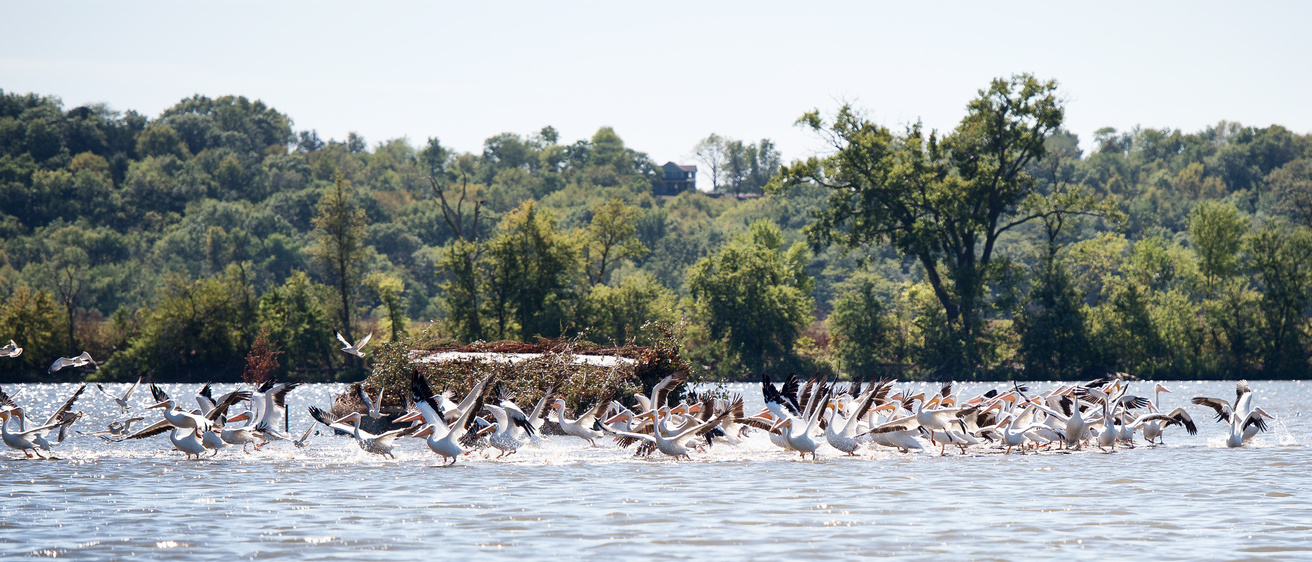Research Expertise
IIHR’s research is broad in scope and impact, spanning all aspects of the hydrologic cycle, from precipitation to groundwater and everything in between. Our team is committed to developing and fostering multidisciplinary programs that provide unique opportunities for collaboration both within our organization, and with colleagues and stakeholders around the globe.
Our researchers include experts in:
- Climate change
- Geology
- Hydraulics
- Hydrogeology
- Hydroinformatics
- Hydrology
- Hydrometeorology
- Remote sensing
- Physical and computational modeling
- Resilience and vulnerability
- Statistics
Iowa Flood Center
Established in 2009, the Iowa Flood Center (IFC) is the United States’ first and only academic center devoted solely to flood-related research and education. IFC staff and students develop some of the most advanced projects and tools to improve Iowa’s flood preparedness and resilience. Most of these tools can be accessed by the public via the Iowa Flood Information System (IFIS).

Iowa Geological Survey
Dating back to 1855, the Iowa Geological Survey (IGS) is IIHR’s oldest program. IGS staff continue to collect, preserve, and interpret geologic and hydrogeologic data in Iowa. The IGS moved from the Iowa Department of Natural Resources to the University of Iowa in 2014, and this integration within IIHR supports systems-scale research related to Iowa’s landforms and watersheds.
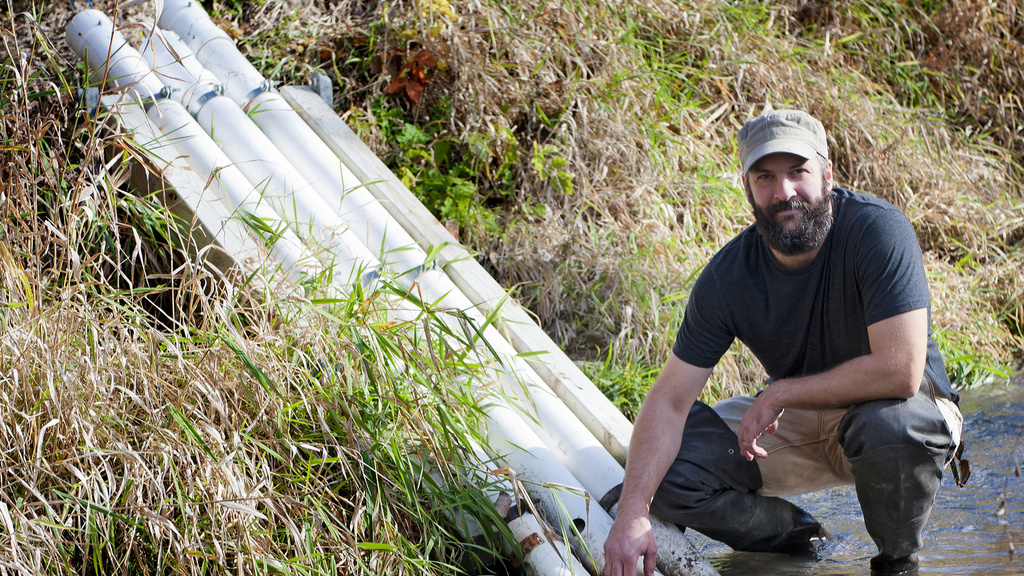
Iowa Nutrient Research Center
IIHR is a key partner in the Iowa Nutrient Research Center (INRC), which brings together researchers from Iowa’s three public universities and several government agencies to better understand how nutrients move through the landscape and waterways. A major facet of IIHR’s contributions to the INRC program is to develop, deploy, and maintain the largest water quality sensor network in the country.
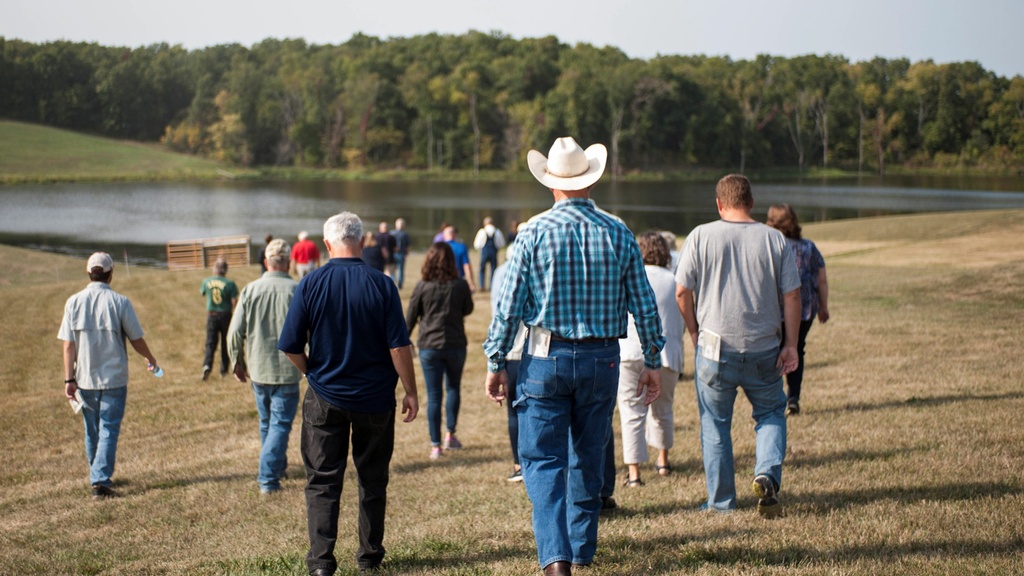
Iowa Watershed Approach
IIHR and its subunit, the Iowa Flood Center, helped bring over $100 million to the state of Iowa for the Iowa Watershed Approach (IWA)—a community-led program supported by state and federal partners to develop and implement strategies to mitigate flood damage and increase resilience. Leveraging IIHR’s technical expertise, the program placed more than 700 flood mitigation practices in select watersheds across Iowa’s diverse landscape. The IWA received funding from the U.S. Department of Housing and Urban Development.
Iowa Superfund Research Program
The Iowa Superfund Research Program (ISRP), founded in 2006 and funded by the National Institutes of Health (NIH), is a global leader in the study of polychlorinated biphenyls, or PCBs, which have been banned in the United States since the 1970s because of their danger to human health. The project focuses on the airborne threats posed by PCBs by identifying how people are exposed, analyzing measurable levels of toxicity, and developing efforts to remediate PCBs already present in natural environments and manufactured structures.
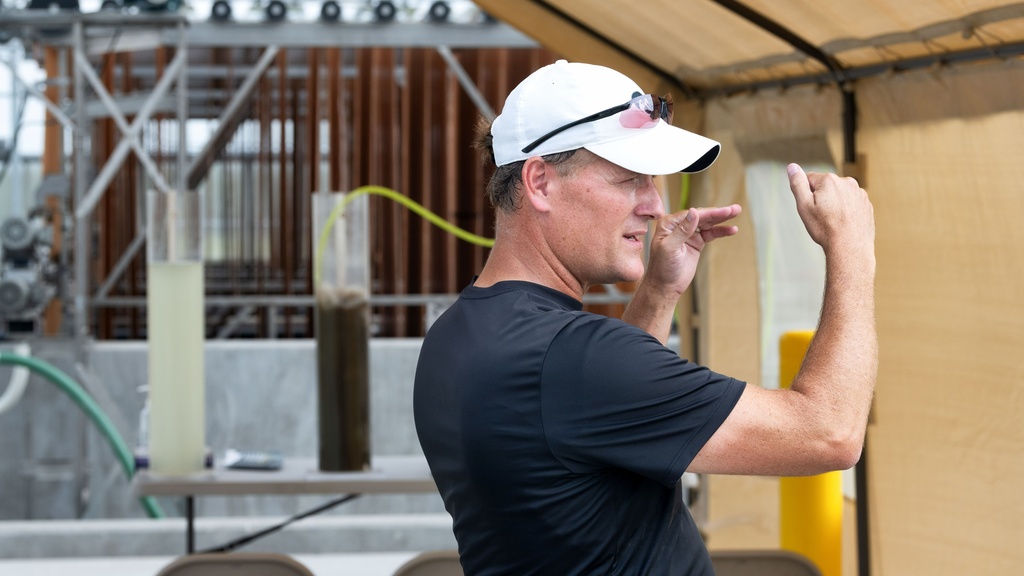
Iowa Wastewater and Waste to Energy Research Program
The Iowa Wastewater and Waste to Energy Research Program (IWWERP) creates innovative methods of waste treatment that generates energy and recovers resources. IWWERP provides real-world pilot-scale data that can be applied by technology developers, industry, and Iowa’s Department of Natural Resources to advance the state’s ability to treat waste, generate renewable energy, protect the environment, and develop the state’s economy.
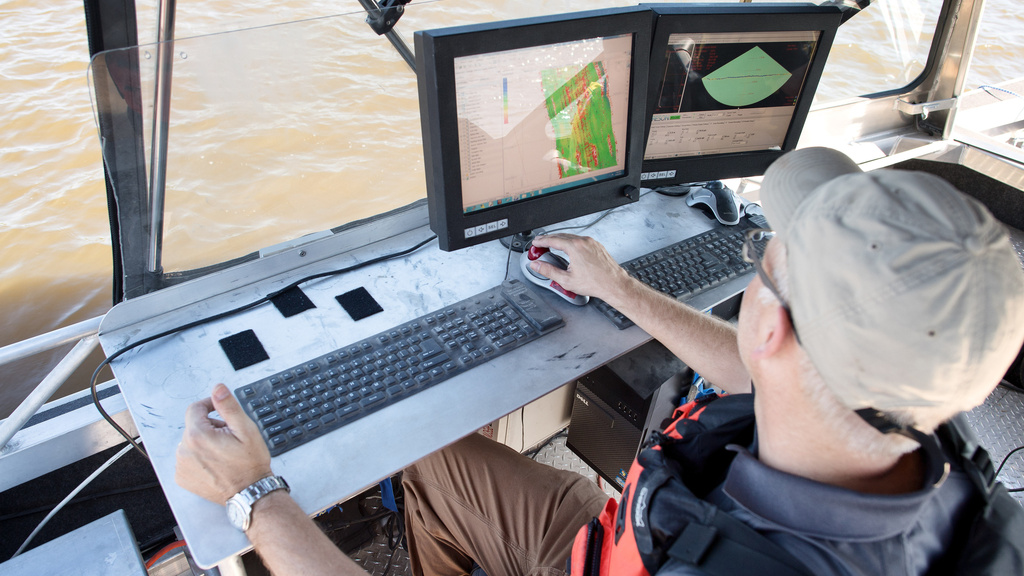
National Informational Collaboration on Ecohydraulics
IIHR is contributing more than 80 years of expertise in fish passage to support the National Informational Collaboration on Ecohydraulics (NICE) program funded by the U.S. Army Corps of Engineers. NICE will improve the understanding of ecological impacts from navigation locks and dams on fish and rivers. IIHR’s computer modeling expertise will help predict how changes to lock and dam projects along the Mississippi River system will affect the movement of fish.
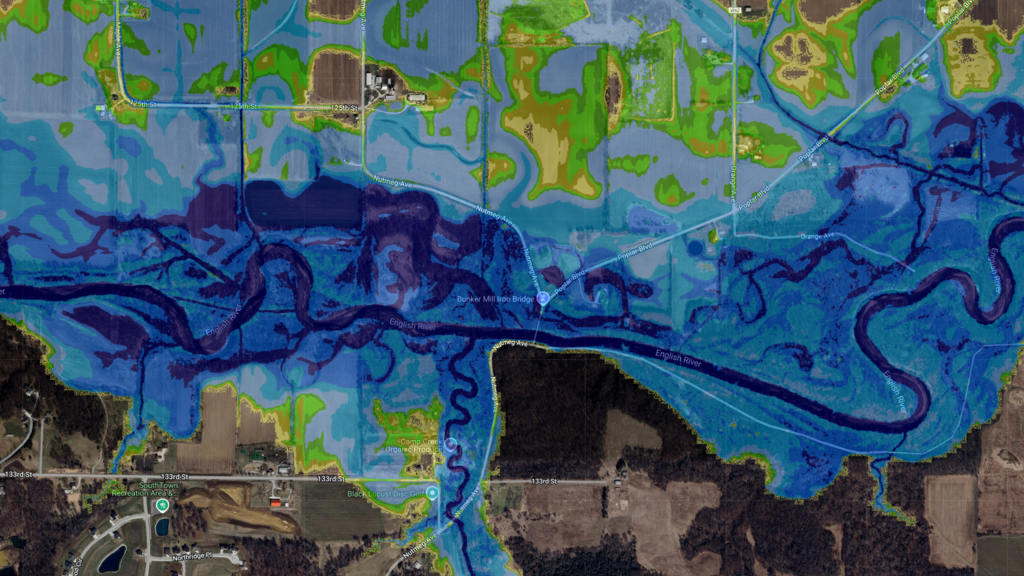
Center for Hydrologic Development
The Center for Hydrologic Development (CHD) works to advance scientific and applied engineering research in hydrology, river hydraulics, water resources, and communications and outreach at the regional and national scale. The program supports the Cooperative Institute for Research to Operations in Hydrology helping build a more water and weather-ready nation.
